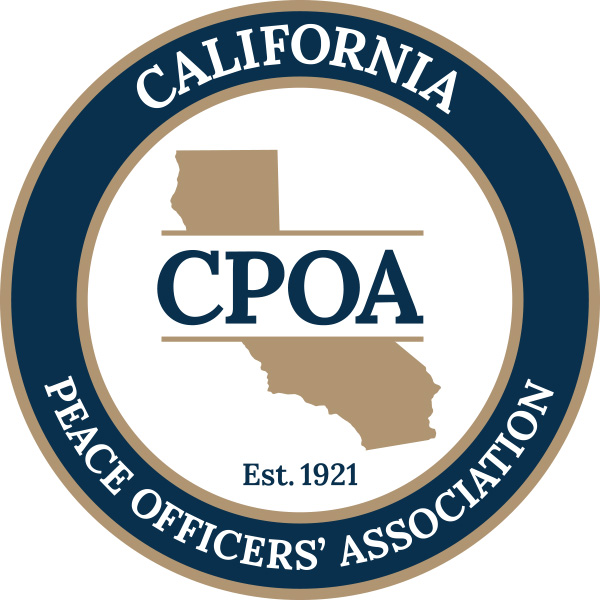By Shaun Rundle, Deputy Director.
Just as you’ve been updating your agency policies to adhere to the use of deadly force reforms under 2019’s AB 392 and SB 230, new laws will further send agencies back to the drawing board. AB 1196 and AB 1510 were both signed by the Governor last month in response to the deaths of George Floyd and Breonna Taylor. The bills address the less lethal force options of carotid restraints, and independent investigations of civilian deaths by a ‘state prosecutor’ and both have spurred debate over their interpretation at the local level.
AB 1196 (Gipson-D) went back and forth over the summer through various language changes. In addition to prohibiting agencies from authorizing the use of the carotid restraint and chokeholds (which is what the final bill does), AB 1196 at one point also outlawed techniques that involved substantial risk of ‘positional asphyxia.’ That language would have prevented the tactics some agencies use, such as the “wrap” system, and CPOA opposed that version. Although the bill signed by Governor Newsom does not include the positional asphyxia language, it does mean that individual departments are going to have to decide if they are going to prohibit use of the carotid or not mention in policy but if it happens and is reasonably based on the totality of the circumstances the officer would be in compliance with policy.
In instances where an officer involved shooting results in the death of an unarmed civilian, AB 1506 requires a state prosecutor to investigate such incidents. Problem #1 is that the bill says that “the Attorney General is the state prosecutor unless otherwise specified or named.’ AB 1506 does not define who ‘otherwise specified or named’ is, leaving it open to interpretation. Problem #2- the bill does not include in the list of ‘deadly weapons’ definitions many of the weapons being used in the civil unrest issues of late. These include baseball bats, broken glass shards, and sharpened plexiglass hidden behind “peaceful” protest signs. In other words, a civilian would be ‘unarmed’ for the purposes of these OIS incidents, thereby lowering the threshold for the AG’s independent investigation. CPOA opposed AB 1506, and it, along with AB 1196 take effect January 1, 2021.
2020’s weird and abbreviated legislation session was not without public safety victories, however. We pushed back on problematic bills like SB 629 (media access to riot command posts), which the governor vetoed. The year also saw several overreaching bills defeated before the Legislature broke at the end of August.
For a complete list of the final fates of the biggest-impact public safety bills, click here.


